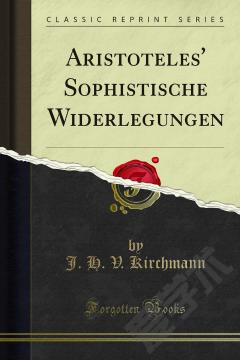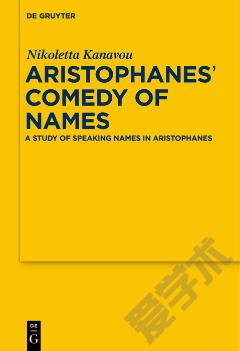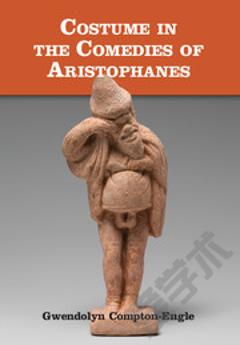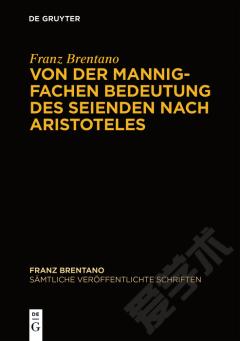Erscheinungsformen komischen Sprechens bei Aristophanes
In comedy, the comic occurs when the characters' actions appear to fail when judged by the standards of the audience. As speaking is the most important form of action in Aristophanes' plays, it is here that the main source of the comic is to be found. Most of the aspects of language comic have already been well-researched, particularly in the realm of semantics (linguistic jokes etc.). Little is known, however, about the large area of the comic based on language pragmatics, which arises when modes of speech and speech attitudes are wrongly used in the dramatic context. This book investigates how and why comic effect results for example from the use of foreign languages and dialects, inappropriate metre, text-types and statement-types, and word-for-word repetitions and breakdowns in communication. In conclusion, the first comprehensive analysis of Aristophanes' prologue technique shows how elements of entertainment and motivation alternate in a way appealing to the audience.
{{comment.content}}








 京公网安备 11010802027623号
京公网安备 11010802027623号